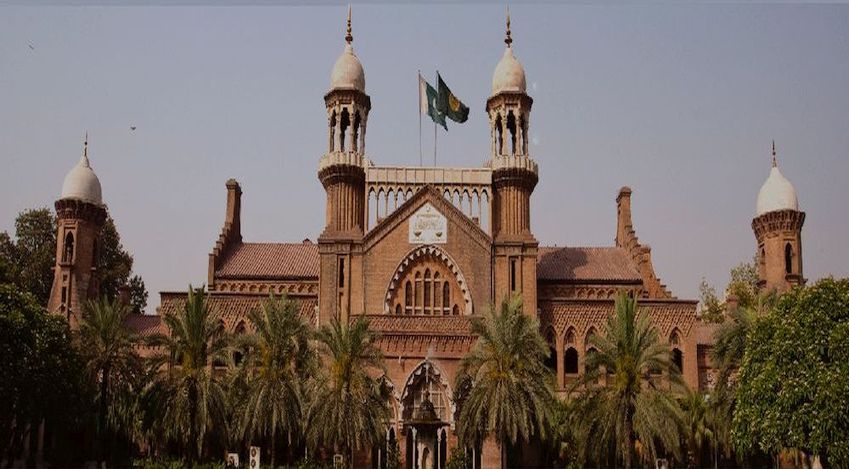A General Power of Attorney Holder cannot Transfer Property to themselves or their Relatives without the Principal’s Written Consent --- Lahore High Court, Lahore
Islamabad 29-01-2025: In a landmark ruling, the Lahore High Court has declared a property sale deed fraudulent and ruled that an attorney (General Power of Attorney holder) cannot transfer property to themselves or their relatives without the principal’s written consent. Mr. Justice Shujaat Ali Khan issued the decision while hearing [Civil Revision No. 77789 of 2023], overturning previous rulings of the trial and Appellate Courts.
The case revolved around a property dispute involving Ali Haider and another (Petitioners) Vs. Muhammad Boota and another (Respondents). The Petitioners sought cancellation of a sale deed executed on 03.08.2001, arguing that their late father, Raza Muhammad, had initially granted a General Power of Attorney (GPA) to Respondent No.1 (Muhammad Boota) on 08.06.2001. However, before any transaction could be completed, the GPA was revoked on 31.07.2001.
Despite this revocation, Respondent No.1 fraudulently transferred the property to his own brother, Respondent No.2 (Muhammad Mushtaq). The Petitioners only discovered the fraud in 2019 and immediately filed a lawsuit for cancellation of the sale deed. However, both the trial Court (18.03.2023) and the Appellate Court (01.09.2023) dismissed their claims, prompting them to file a Revision Petition in the Lahore High Court.
Mr. Justice Shujaat Ali Khan ruled in favor of the Petitioners, holding that:
- A GPA holder cannot transfer property to themselves or their relatives without explicit written permission from the principal.
Citing Mst. Naila Kausar Vs. Sardar Muhammad Bakhsh (2016 SCMR 1781) and Mst. Shumal Begum Vs. Mst. Gulzar Begum (1994 SCMR 818), the Court emphasized that such transactions require clear, prior consent from the original owner.
- A revoked GPA nullifies any subsequent transactions.
The Court ruled that once the General Power of Attorney was revoked on 31.07.2001, any sale executed after this date was invalid.
- Burden of proof lies on the beneficiary of the sale deed.
Under Muhammad Boota through L.Rs. Vs. Mst. Bano Begum (2005 SCMR 1885), the Court found that Respondent No.2 failed to prove the validity of the sale transaction or the payment of sale consideration.
- Fraud vitiates even time-barred claims.
The Court dismissed the limitation defense, ruling that no time limit applies when fraud is involved.
- Doctrine of Election does not bar a fraud claim.
The Respondents had argued that since the Petitioners had previously pursued a criminal case under Section 476 Cr.P.C., they were barred from filing a Civil Suit.
However, the Court ruled that the Doctrine of Election does not apply where fraud is subsequently discovered (Hajid Wajdad Vs. Provincial Government, 2020 SCMR 2046).
- Failure to produce key evidence leads to an adverse inference.
Respondent No.1 failed to produce the Agreement to Sell, undermining their defense and reinforcing fraudulent intent.
- Judicial errors by lower Courts corrected.
The Appellate Court failed to independently review the case and merely followed the trial Court’s flawed reasoning.
Under Subedar (Retd.) Jamil Khan Vs. Salim Khan (2017 SCMR 860), such judicial oversight warranted intervention.
The Lahore High Court set aside the judgments of both the trial and Appellate Courts and ruled in favor of the Petitioners. The sale deed was declared null and void, and the Petitioners’ suit for cancellation of the sale deed was decreed.
This ruling reinforces legal safeguards against property fraud and clarifies that:
- General Power of Attorney (GPA) holders must obtain explicit, written permission before selling property to themselves or their relatives.
- Fraudulent property transactions can be challenged at any time, even after decades.
Failure to produce key evidence in Court can lead to an adverse ruling.
Powered by Froala Editor








